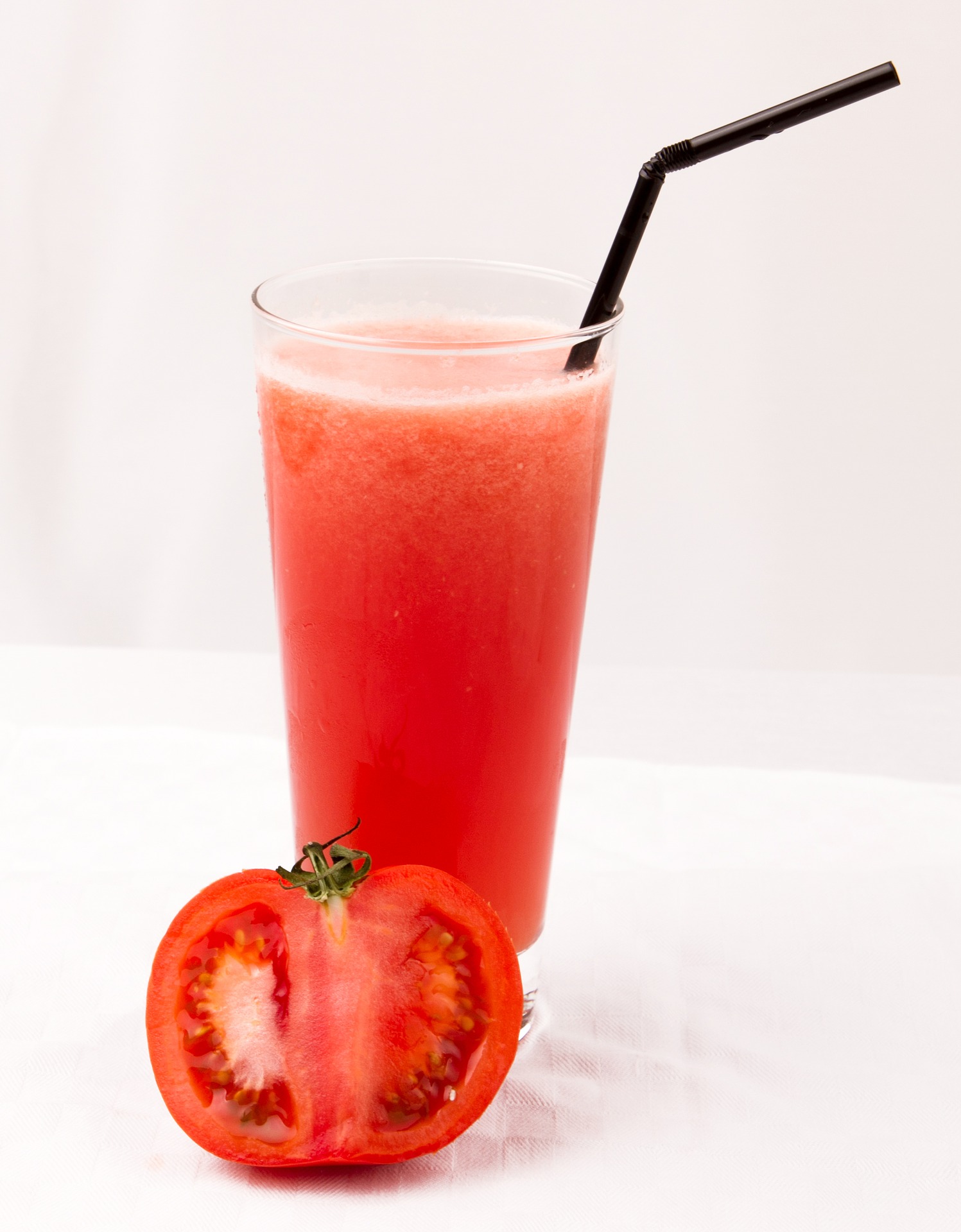A July 2019 report by University Medical Center Ljubljana, Slovenia and the Karolinska Institutet, Sweden finds that, “…the use of statins is significantly associated with a reduction in the risk of mortality in dementia patients” and that, “…statin users had a 23% reduction in the risk of stroke, which is three times more likely in patients with mild dementia and seven times more likely in those with severe dementia.”
Dr Sara Garcia-Ptacek said, "This is a cohort study, which means patients were not randomized to a treatment like they would be in a clinical trial. For this reason, we can only show an association, and not definitely prove that statins caused this decline in mortality. However, our results are encouraging and suggest that patients with dementia benefit from statins to a similar extent than patients without dementia."




















